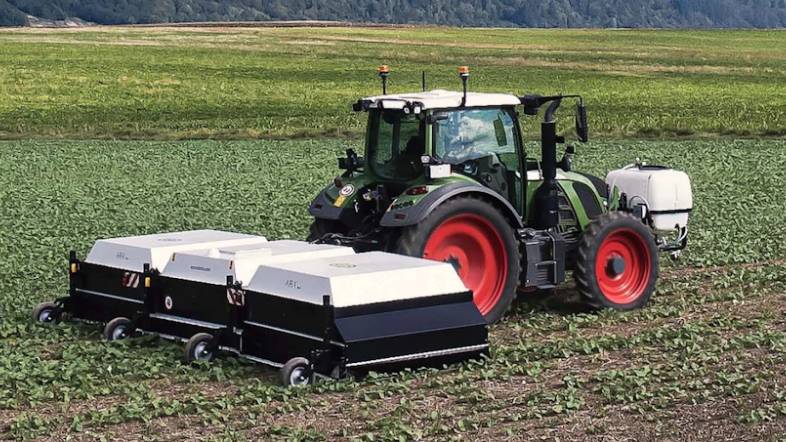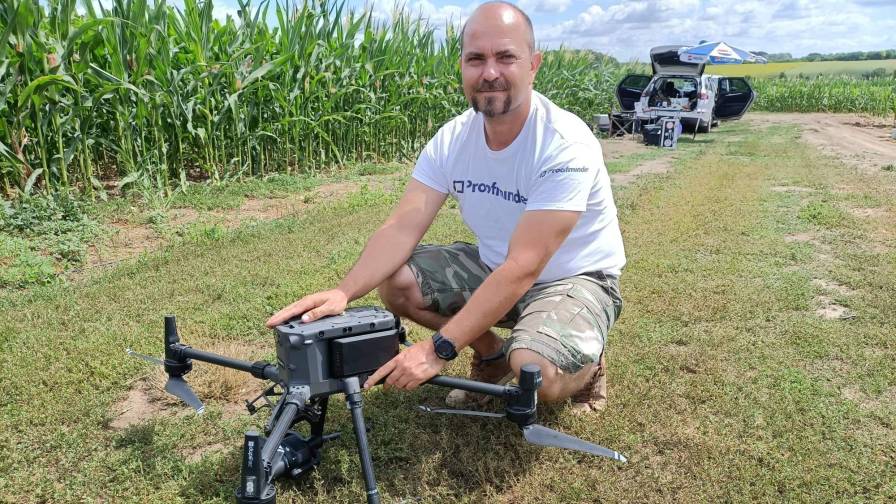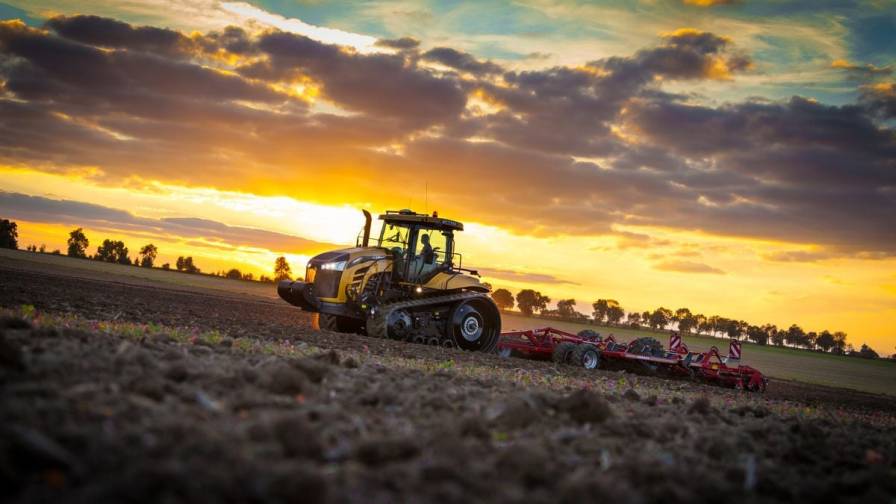Can Cobots Transform the Agriculture Industry in Asia?
Robots in agriculture are becoming increasingly used by the industry today, writes Aaron Raj at Tech Wire Asia. An example would be the multiple analytics and machine learning tools used in smart farming to help with predicting harvests. One of these tools, agriculture robots, are normally used collaboratively (known as cobots). These robots possess mechanical arms and make harvesting much easier for farmers.
Compared to traditional industrial robots and machinery, cobots are designed to work alongside human employees, giving manufacturers the benefits of both robots and humans combined. While the automotive sector has been using it for some time, especially on the assembly line, other industries are now finding more use cases for cobots as well.
Previously, cobots could only do simple tasks on the assembly line like spray painting and assembling cars. Now, with IoT features like heat sensors and thermal cameras built-in, cobots are able to perform more accurate tasks based on their use case.
It is important to note that cobots are not meant to replace the human workforce totally. Some tasks may be sped up, but the main purpose of cobots is to enhance productivity and provide insights for decision-making. While cobots can perform longer and increase productivity, human intervention is still needed in monitoring these machines.
MORE BY TECH WIRE ASIA
Cobots still have limitations when it comes to tasks that require more finesse. They are unable to replace humans in every operation as they are mostly limited to tasks requiring basic cognition. This is why cobots need to be built with sensors that can scan, recognize and carry out their given tasks.
At the same time, cobots do help solve the issue of staff shortage in certain sectors. For example in agriculture, cobots are used for harvesting as its harder to find manual labor to do such jobs these days.









